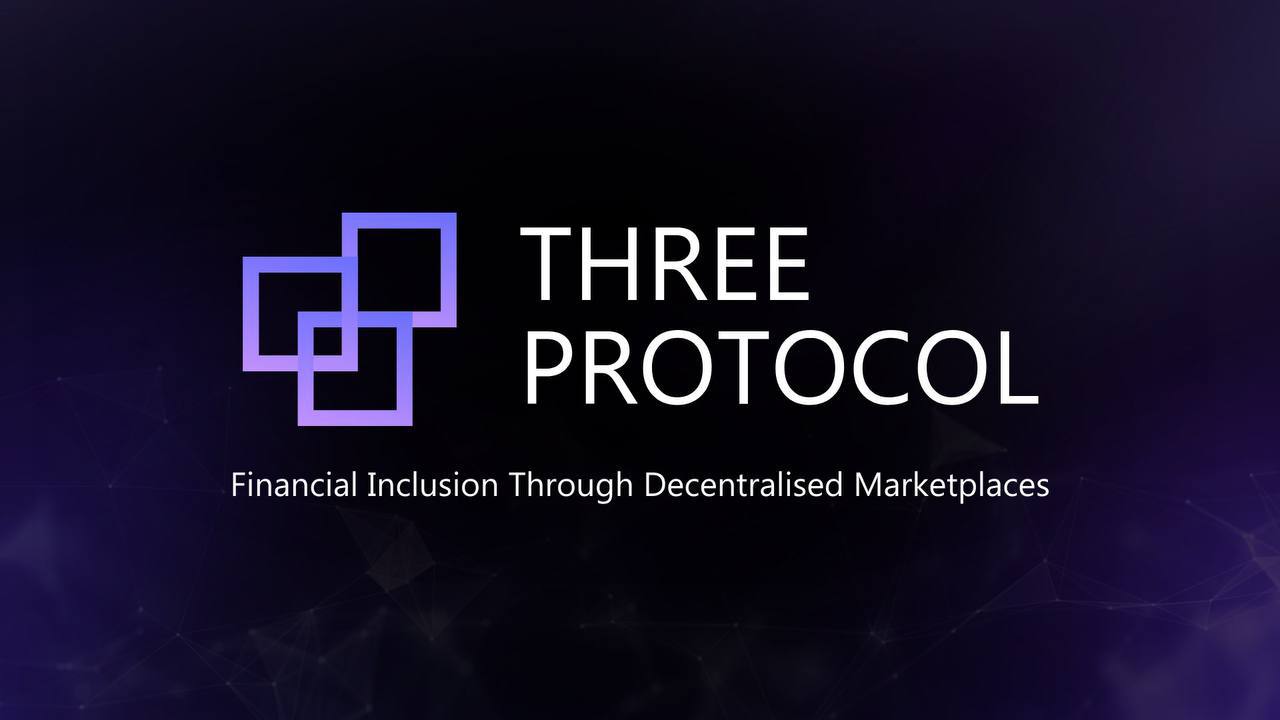The White House has announced plans to develop international standards and practical applications for eight emerging technologies, including distributed ledger technology.
The White House has recently published a national standards strategy focusing on eight technology sectors that will likely have a considerable economic impact in the near future.
The White House national strategy for key and emerging technologies includes eight sectors such as artificial intelligence, communication and network technologies, biotechnology, semiconductors, DLT and digital identity infrastructure, which have gained attention from the crypto community.
DLT, or distributed ledger technology, allows for multiple users to access and update a database simultaneously while validating the records. Blockchain is one example of DLT, and it enables users to track any changes made to data and the identities of those who made them. This reduces the need for data auditing, ensures data reliability, and limits access to only those who require it.
The national strategy is intended to boost the US’s leadership in developing global standards for emerging technologies. The US government is working closely with the private sector to promote and create these standards.
Collaboration between the government and private sector has been successful in developing standards for emerging technologies such as telecom and communications. For instance, Qualcomm Technologies proposed the initial 3G standard in the 1990s, while NTT Docomo recommended the LTE standard for wireless broadband communication in the 2000s. The goal is to establish dominant standards for new technologies.
The national strategy identifies DLT and digital infrastructure as technologies that will have a significant impact on the economic sector, particularly in areas such as smart communities and the Internet of Things. DLT can also be used to develop cybersecurity and privacy-focused services.









